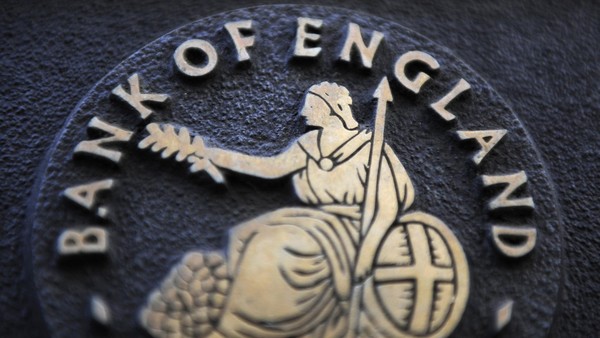
By now most are aware of what took place in Cyprus as the banks turned to bail-in in order to bailout the Cypriot banking system with the full support of the respective corporate government.
Bail-in of course is when the central bank demands a levy on the depositor accounts held in the banks, or if you have money in a bank account then it will be taxed at a level up to 82% of the total as carried out against Cypriots.
Welcome to a summary of the powers of the US and UK’s equivalent of the Cyprus Bail-in under the mechanism that is Resolving Globally Active, Systemically Important, Financial Institutions
The document below was written on 10 December 2012 and is presented as from the Bank of England. If it is indeed a document from the B0E then I wonder why the Bank of England has used American spelling in the document.
Before you peruse the document take a look at three excerpts from it :
KeyUnsecured Creditors : means ‘you’ with your bank balance, your cash in the bank
11
Resolution strategy for a failed or failing G-SIFI should assign losses to shareholders unsecured creditors, and hold management responsible for the failure of the Firm. The strategy should provide continuity of the critical services that the institution provides within the financial system and to the real economy, thereby minimising systemic risk. The strategy should also enable a prompt transition of the firm’s ongoing operations to full private ownership and control without taxpayer support. Given the cross-border nature of G-SIFIs, the resolution strategy should ensure financial stability concerns are addressed across all jurisdictions in which the firm operates. To be successful, such an approach will require close cooperation between home and foreign authorities.
10 December 2012
UK regime
17
In the UK, the Banking Act provides the Bank of England with tools for resolving failing deposit-taking banks and building societies.
Powers similar to those of the FDIC are available, including powers to transfer all or part of a failed bank’s business to a private sector purchaser or to a bridge bank until a private purchaser can be found.
The Banking Act also provides the UK authorities with a bespoke bank insolvency procedure that fully protects insured depositors while liquidating a failed bank’s assets. These powers have proved valuable; for example, during the crisis they allowed the authorities to transfer the retail and wholesale deposits, branches, and a significant proportion of the residential mortgage portfolio of a failed building society to another building society
19
The introduction of a statutory bail-in resolution tool (the power to write down or convert into equity the liabilities of a failing firm) under the RRDis critical to implementing a whole group resolution of UK firms in a way that reduces the risks to financial stability. A Bail-in tool would enable the UK authorities to recapitalize an institution by allocating losses to its shareholders and unsecured creditors, thereby avoiding the need to split or transfer operating entities.
The provisions in the RRD that enable the resolution authority to impose a temporary stay on the exercise of termination rights by counter parties in the event of a firm’s entry into resolution (in other words, preventing counter parties from terminating their contractual arrangements with a firm solely as a result of the firm’s entry into resolution) will be needed to ensure the bail-in is executed in an orderly manner.
What this means ladies and gentlemen is that should your UK bank fail and enter banking resolution status, then your accounts will be prevented from being emptied by you, should you get wind of the problem before hand, in order they can secure the bail-in as was carried out in Cyprus.
We are indeed looking down the barrel of a total banking led dictatorship over our entire domestic system, down to the ability to dictate to you and your finances as to how they will be used to bailout the failure of the bank or building society you have your money held as a deposit.
The Document
bank of England strategy copy
Source
Further Study
Breaking down the bail-in principle
In profile : Basel III
From Rome to theTemplars, to Freemasonry, We Face the Same EnemyBasel Committee on Banking Supervision : dictating credit rating agency guidelines
Comparisons between Bank for International Settlements, (BIS) guidelines pre WWII, with those of today
Profile : Wilmington Trust Corporation